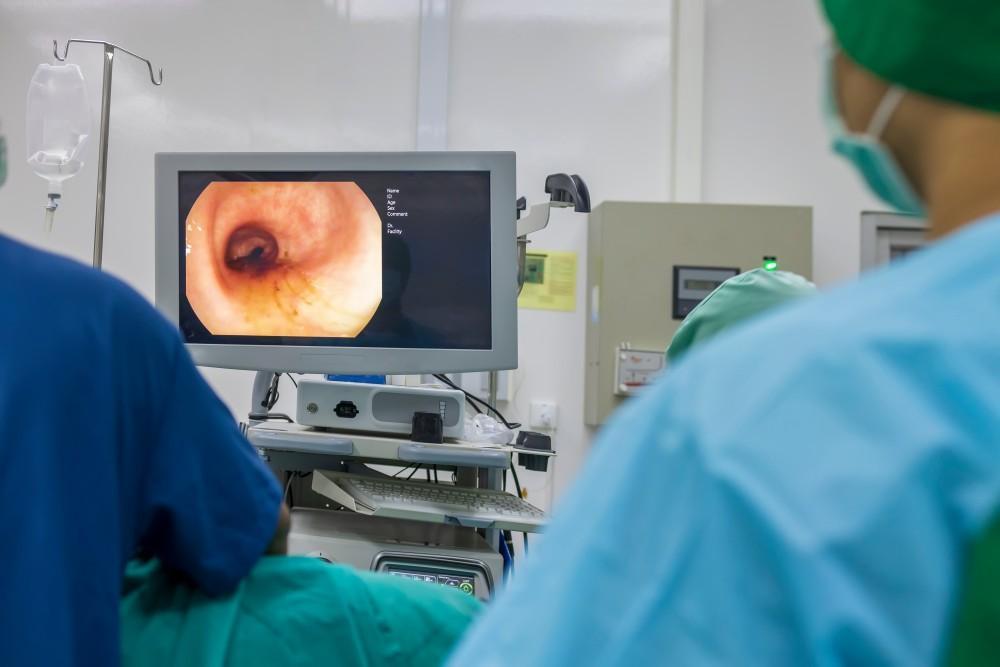
Understanding Your Risk for Pilonidal Disease

Pilonidal disease (PD) affects approximately 70,000 men, women, and teens in the United States per year. If you have PD, you may have a cyst or irritated area at the top of your buttocks crease, near your tailbone, that can become infected and quite painful.
Many times, people avoid getting a diagnosis and treatment for PD, because they’re embarrassed by the cyst or other lesions. However, without treatment, PD recurs and worsens, raising your risk for serious complications.
At Colon and Rectal Surgeons of Greater Hartford, our colorectal experts diagnose and treat PD at our offices in Bloomfield, South Windsor, and Plainville, Connecticut. Of course, the best way to deal with this potentially painful disease, which increases your risk for squamous cell carcinoma — a type of skin cancer — is to avoid it in the first place.
Are you at risk for PD? If so, how do you prevent it? Read on for the answers.
Do you have hairs in your buttocks crease?
The main cause for PD is ingrown hairs. More men than women develop PD, probably because they tend to have more and coarser hair in and around their buttocks crease.
The coarser and stiffer your hair is, the more likely you’ll develop PD. If a hair punctures and then gets trapped under your skin, your body attacks it as if it’s a foreign object, creating a cyst.
Without treatment, the cyst can develop into a painful abscess that may leak pus or blood and smell foul. Eventually, the abscess may form cavities under your skin called pilonidal sinuses, which may require surgical removal.
You can prevent PD from developing in the first place, or prevent a recurrence if you’ve already had PD, by keeping your buttocks crease hair-free. Use a depilatory or get laser hair removal.
After age 30, you may be able to stop your hair-removal treatments. At that point, your hair tends to become thinner and softer. The depth of your buttocks crease also lessens.
Do you sit down a lot?
One group at increased risk for PD is truck drivers, as well as other people who sit down for long periods during the day. You’re more likely to develop PD if you frequently:
- Drive
- Bicycle
- Ride horses
- Sit a lot
The constant pressure on buttocks hair, as well as the friction from the motion of a vehicle, bike, or horse, increases the chances that a hair will get embedded in the skin and create a PD cyst. Keep your buttocks crease clean and hair-free to minimize the risk. Also consider wearing looser fitting clothing that doesn’t add to friction in that area.
Are you overweight or pregnant?
A major risk factor for PD is being obese or overweight, even if it’s temporary, as in pregnancy. The extra flesh on the buttocks in itself raises your risk. Also, overweight people tend to be more sedentary, which puts you at risk as well.
If you’re pregnant, let your doctor know if you have any pain, discomfort, or lesions in your buttocks area. If you’re overweight or obese, losing weight and becoming more physically active helps prevent PD or recurrences of PD.
Do you wear tight clothing?
Especially if you have other risk factors, such as being overweight or sitting down for your job or avocation, tight underwear and outerwear raises your risk for PD. Tight clothing presses your buttocks hair closer to your skin and creates more friction when you move, increasing the risk of an ingrown hair.
You have or have had a PD cyst
If you noticed a lump on your buttocks, you may have been too embarrassed to seek medical attention. It may have resolved on its own, and possibly never caused symptoms. However, PD tends to recur and may worsen and cause serious complications if not treated.
Contact us right away if you think you may have PD or any other concern. Symptoms of PD include:
- Lump near or in buttocks crease
- Dimple in buttocks
- Pain in buttocks
- Red, tender area
- Pus or blood leakage
- Foul smell
- Pain when sitting
- Irritation around buttocks
- Nausea or illness
If we diagnose PD, we recommend treatment based on how severe your disease is. Options include:
- Cyst or abscess drainage
- Anti-inflammatories
- Antibiotics
- Hair removal
- Surgical unroofing of PD sinuses
- Surgical excision of PD tracts and cavities
After drainage or surgery, you must keep the area clean and hair-free. Also, prevent recurrences by minimizing your risk factors.
If it hurts when you sit, or you have other symptoms of PD, phone our friendly, discreet team at 860-242-8591 today. Or, schedule an appointment online.
You Might Also Enjoy...


How a Colonoscopy Can Save Your Life

4 Signs You May Have Pilonidal Disease

Start the New Year Fresh with a Colonoscopy

5 Tips for Managing Your Crohn's Disease During the Holidays


